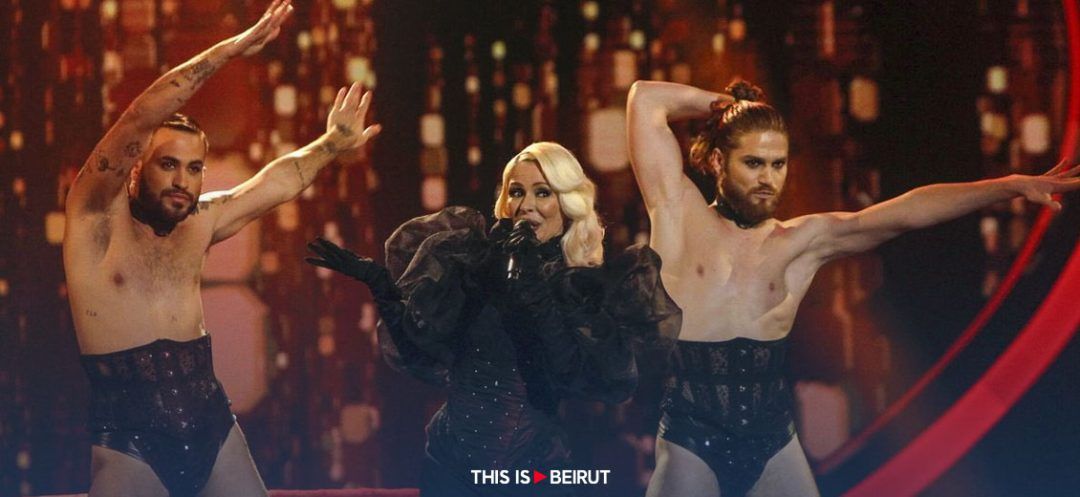
Spain’s entry for this year’s Eurovision Song Contest has sparked controversy and ignited debates over its perceived portrayal of women. The song Zorra, performed by Spanish electro-pop group Nebulossa, has drawn criticism from feminist groups who argue that it perpetuates derogatory stereotypes about women.
The term Zorra, while it can technically be translated as “vixen,” is commonly used in Spanish to derogatorily refer to women as “sluts” or “bitches.” Despite its negative connotations, the song was selected to represent Spain at Eurovision through a combination of jury and televotes during a contest broadcast on the public television channel TVE.
The lyrics of Zorra include lines such as “If I go out alone, I’m the slut. If I’m having fun, I’m the sluttiest,” addressing the double standards and societal judgment faced by women. Lead singer Maria Blas, 55, defended the song, stating that she has often been labeled with the derogatory term and sees the song as a way to reclaim and transform it into something positive.
However, many feminist groups have strongly objected to the song’s message. The Feminist Movement of Madrid Collective issued a statement condemning the song, asserting that it “insults women in a sexist way” and criticizing the notion that repeatedly using the derogatory term could somehow empower women.
Calls have been made for Spain to choose an alternative song to represent the country at Eurovision. Despite the backlash, Equality Minister Ana Redondo Garcia has defended Zorra, describing it as a “fun song” that challenges stereotypes. Prime Minister Pedro Sanchez, known for his feminist stance, echoed this sentiment, expressing his support for the song and emphasizing the importance of feminism in culture.
Sanchez emphasized that feminism is not only about fighting for equality but can also be expressed through artistic expression and provocation. He endorsed the idea that challenging societal norms and stereotypes through culture is a valid form of activism.
The European Broadcasting Union, which oversees Eurovision, has confirmed that Zorra will not require any lyric changes and is eligible to participate in the contest. The decision reflects the organization’s acknowledgment of the diverse interpretations and artistic expressions inherent in music.
The controversy surrounding Zorra highlights the complex intersection of art, culture, and societal norms. While some view the song as a form of empowerment and reclaiming of derogatory language, others argue that it perpetuates harmful stereotypes and contributes to the marginalization of women.
As Spain prepares to showcase its musical talent on the international stage, the debate over Zorra underscores the ongoing struggle for gender equality and the importance of critically examining the messages conveyed through popular culture. In a world where music and art hold significant influence, it is crucial to promote narratives that uplift and empower all individuals, regardless of gender.
With AFP
Read more



Comments